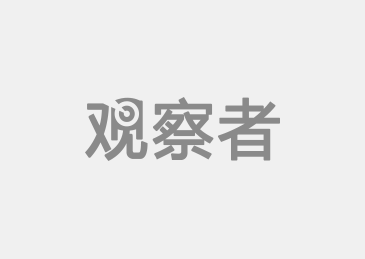The simplest exercise in intellectual diligence would show such argument to be preposterous. Since the Party established the People’s Republic in 1949, under the leadership of a single political party, changes in China’s government policies and political environment have covered the widest possible spectrum. From the so-called “New Democratic” coalition at the beginning to the dramatic land reforms of the early 1950’s, from the Great Leap Forward to the quasi privatization of farm land in the early 1960’s, from the Cultural Revolution to Deng Xiaopin’s market reform and Jiang Zemin’s re-definition of the Party through his “Theory of Three Represents”, China’s domestic politics is almost unrecognizable from one period to another. In foreign policy, China moved from a close alliance with the Soviet Union in the 1950’s to a virtual alliance with the United States in the 1970’s and 80’s to contain the former. Today, its pursuit of an independent course in an increasingly multi-polar world is distinctive among the nations of the world. No one could deny that its leaders, from Mao to Deng, from Jiang to Hu and to Xi next year, differ as widely in political outlooks and policy priorities as those that move in and out of power under any other political systems. Through the six decades, there have been many blunders and corresponding course corrections. The Cultural Revolution � a disaster - was outright condemned. And the country went from its shattered state to the China we know today. The facts demonstrate the extraordinary capability of a one-party system for change and self-correction.
On the other hand, the records of electoral regimes around the world indicate that party rotation through elections may not provide the needed flexibility or self-correction. In the United States, elections may have produced new presidents and Congressional majorities, but do not seem to have done much to tackle America’s long-term challenges. In Europe, governments regularly get voted in and out, but no elections have produced even the minimal corrections required to address their monumental distress. In the one-prime-minster-per-year Japan, elections and party rotations have failed to lift the country out of its 20-year stagnation. Perhaps this could explain why governments produced by elections routinely fall substantially below 50% approval rating in their countries and China’s one-party government retains above 80% approval for decades.
In this season of political change around the globe, in China, in the West, in Japan and the Arab world, is water carrying the ship? Is water overturning the ship? What kind of ship does the water truly want to carry? A little less ideological bias and a little more intellectual honesty might tell us some simple truths: Electoral rotations do not necessarily produce flexibility or legitimacy; one-party rule does not mean rigidity or lack of popular support. Perhaps, and just perhaps, if those who are convinced of the moral superiority of their political system would spare the energy from lecturing, verbally and militarily, and spend it on some self-reflection, it might even help their own countries. Who are really having “bad emperor” problems?
Eric X. Li is a venture capitalist in Shanghai and a doctoral candidate at Fudan University’s School of International Relations and Public Affairs.
The information transmitted is intended only for the person or entity to which it is addressed and may contain confidential and/or privileged material. Any review, re-transmission, dissemination or other use of, or taking of any action in reliance upon, this information by persons or entities other than the intended recipient is prohibited. If you received this in error, please contact the sender and delete the material from any computer.
《南华早报》英文链接


